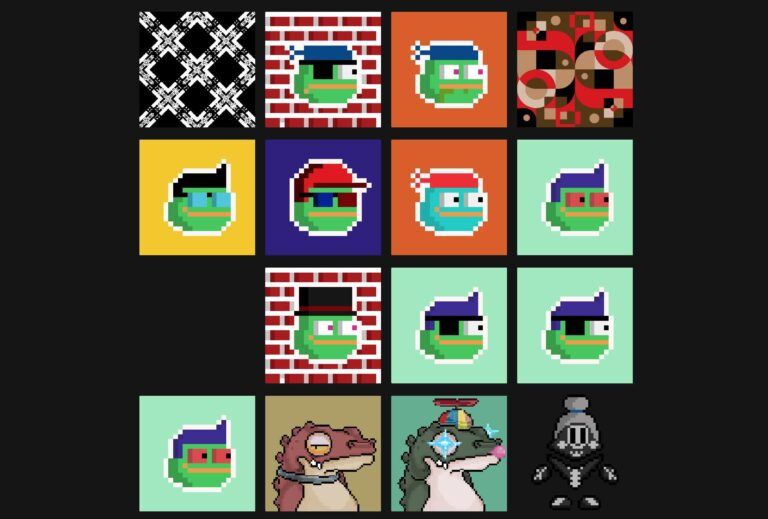Understanding Ordinals
Ordinals are a novel application within the Bitcoin blockchain, allowing for the inscription of data, such as text, images, and videos, onto individual satoshis, the smallest unit of Bitcoin. This process transforms these satoshis into unique, non-fungible tokens (NFTs), each with its distinct data imprint. Ordinals have expanded the utility of Bitcoin, traditionally a platform for financial transactions, into a realm of digital collectibles and art.
BRC-20 Token Standard
BRC-20 tokens are an experimental token standard on the Bitcoin blockchain, akin to ERC-20 tokens on Ethereum. They enable the creation and issuance of fungible tokens, utilizing the process of ordinal inscriptions to encode token metadata into Bitcoin transactions. This allows for tracking and managing tokens on the Bitcoin blockchain without separate registries or smart contracts.
What is Bitcoin Core?
Bitcoin Core is the original software implementation of the Bitcoin protocol, serving as the backbone of the Bitcoin network. It maintains and transmits the blockchain, validates transactions, and ensures adherence to network rules. Bitcoin Core is open-source and maintained by a community of volunteer developers, including Luke Dashjr.
Who is Luke Dashjr?
Luke Dashjr is a prominent software developer and key contributor to the Bitcoin Core project. Known for his technical expertise, Dashjr has been involved in Bitcoin’s development since its early years. He is respected for his contributions to the protocol and software, playing a significant role in the Bitcoin community.
Dashjr’s Warning on Bitcoin Core Vulnerability
On 6 December 2023, Luke Dashjr addressed a significant issue on social media platform X, stating that “Inscriptions” are exploiting a vulnerability in Bitcoin Core. He explained that since 2013, Bitcoin Core has allowed users to set limits on extra data in transactions they relay or mine through the -datacarriersize setting. However, ordinals and BRC-20 tokens bypass this limit by disguising their data as program code, effectively spamming the blockchain.
Implications of the Proposed Fix
Dashjr noted that this bug was addressed in Bitcoin Knots version 25.1, a software he maintains, but remains unaddressed in Bitcoin Core’s upcoming v26 release. He asserts that the 2024 update to Bitcoin Core, expected in v27, will disrupt the functionality of both ordinals and BRC-20 tokens by fixing this vulnerability, effectively preventing ordinals and BRC-20 tokens from bypassing data limits and maintaining blockchain integrity.
Charlie Shrem’s Response and the Decentralized Nature of Bitcoin
Responding to Dashjr’s concerns, Charlie Shrem emphasized Bitcoin’s decentralized nature. He pointed out that users have the freedom to choose from multiple software implementations that adhere to Bitcoin’s consensus rules. Shrem’s comments highlight the flexibility and diversity within the Bitcoin ecosystem, suggesting that even if one version of Bitcoin Core addresses a specific issue, other versions or implementations might take a different approach, allowing for continued innovation and adaptation. This decentralized approach means that changes in one implementation, like Bitcoin Core, do not automatically necessitate a hard fork, provided these changes are not about altering the core consensus rules.









